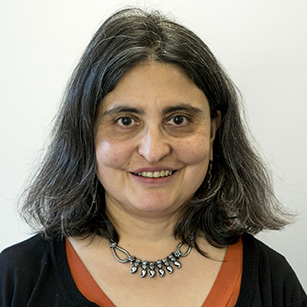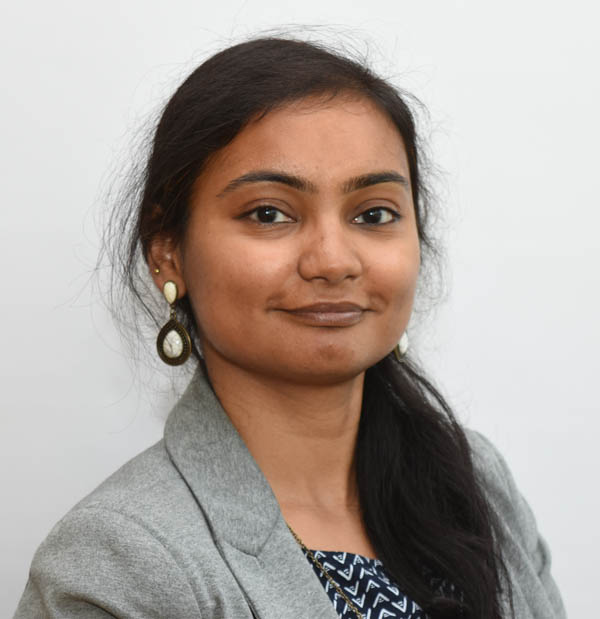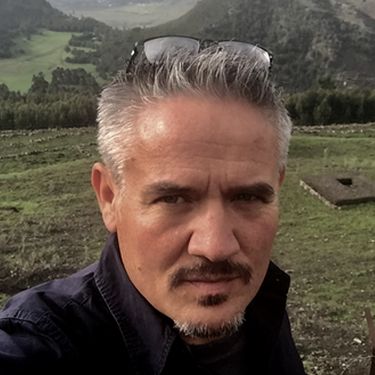

Towards Brown Gold seeks to address the challenges of marginality, sanitation and wastewater management in five growing towns in Ethiopia, Ghana, India and Nepal.
Good sanitation is pivotal for human wellbeing, productivity and health but the situation in rapidly urbanising areas is often characterised by poor or unsafe excreta disposal, inadequate faecal sludge management (FSM), lack of adequate infrastructure for sewage and wastewater collection and treatment. This combined with poverty and intersecting gender, class and related exclusions make safely managed sanitation in our expanding urban areas an urgent global challenge.
Recent work
Opinion
More than half the world’s population live in urban areas. Many growing towns and cities, especially in the Global South, are marked by inadequate sanitation, sewage and drainage facilities. With 3.5 billion people still lacking access to safe sanitation, most…
05 August 2025
Opinion
Human waste is rich in water, nutrients and organic compounds, most of which nowadays are just going down the drain. The concept of “brown gold” highlights the sheer scale of the economic benefits if we were able to recover all…
17 September 2024
events
Access to water and decent sanitation service is a human right, however, its realisation has always been fraught with challenges and is likely to get magnified as structural injustices intersect with the impacts of global warming. For instance, extreme weather…
03 September 2024
events
Sanitation is one of the most off-track Sustainable Development Goals (SDGs), with the WHO and UNICEF reporting that 3.8 billion people still lacking access to safely managed sanitation. [caption id="attachment_101521" align="alignnone" width="644"] An example of reuse in Mekelle, Ethiopia, where…
15 August 2024
publications
Sanitation is fundamental for health and wellbeing yet cities, especially in the global South, face challenges in providing safely managed sanitation systems. Global and national sanitation campaigns tend to focus on the visible aspects of being ‘on grid’ in terms…
26 June 2024
Opinion
Inclusive water, sanitation and hygiene (WASH) systems in off-grid towns are an emerging area of concern as worldwide trends point towards a rapid movement of vulnerable rural populations migrating to towns. WASH systems for vulnerable populations migrating to the cities…
21 May 2024
Opinion
Sanitation remains one of the most off-track Sustainable Development Goals (SDGs), with 3.4 billion people, about 46 percent of the world’s population, still without access to safe sanitation facilities. Approaches such as Community Led Total Sanitation (CLTS) have helped shift…
18 March 2024
Opinion
A hummingbird is the symbol of 2023’s World Toilet Day. Fabled as a small actor in a huge drama – putting out a fire with tiny droplets of water – the analogy appears to be that every one of us…
19 November 2023
People

Professorial Fellow

Resource Politics and Environmental Change Cluster Lead and Research Fellow

Researcher and Senior Project Support Officer

Senior Communications and Impact Officer

PhD researcher, National Institute of Technology Durgapur
People


